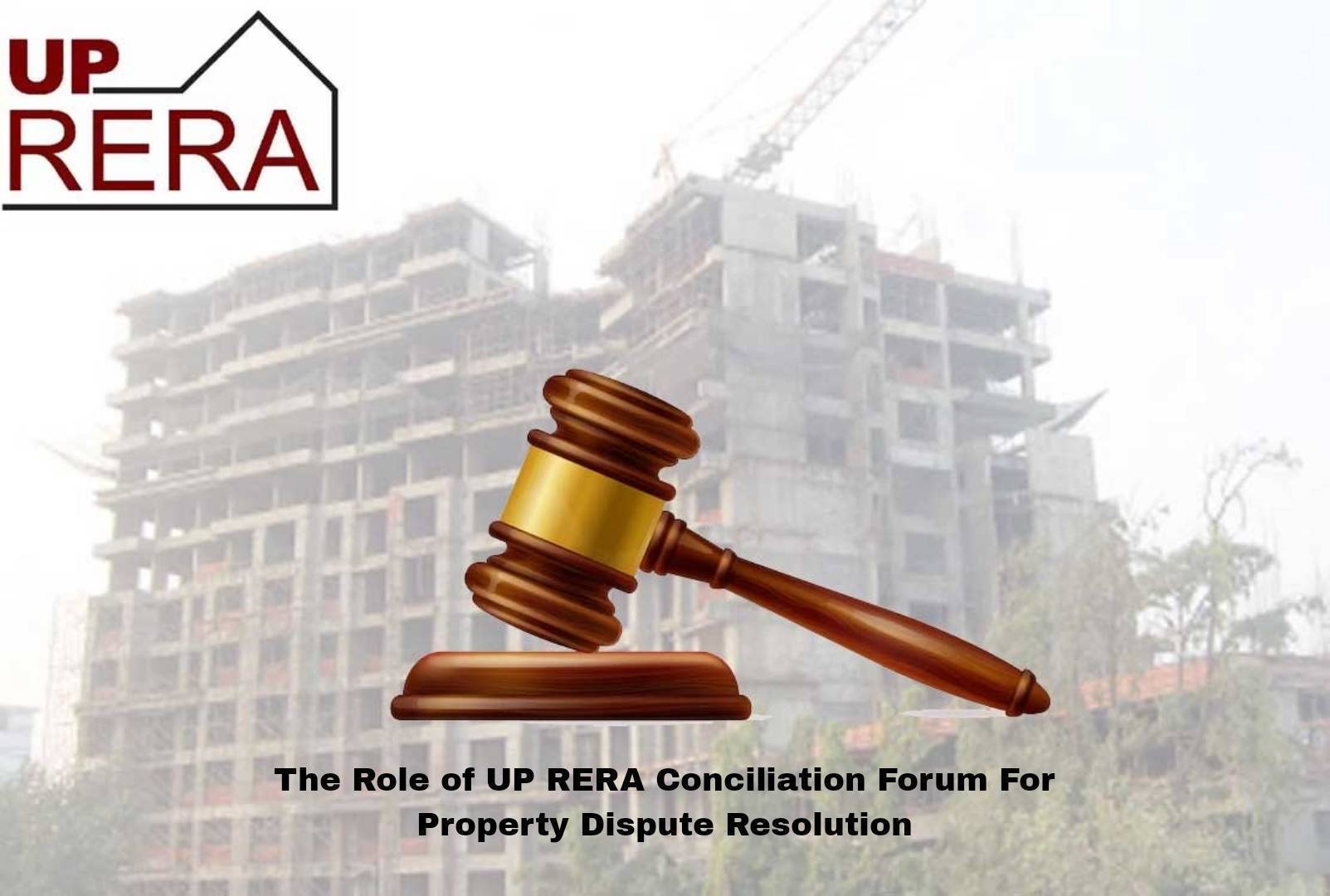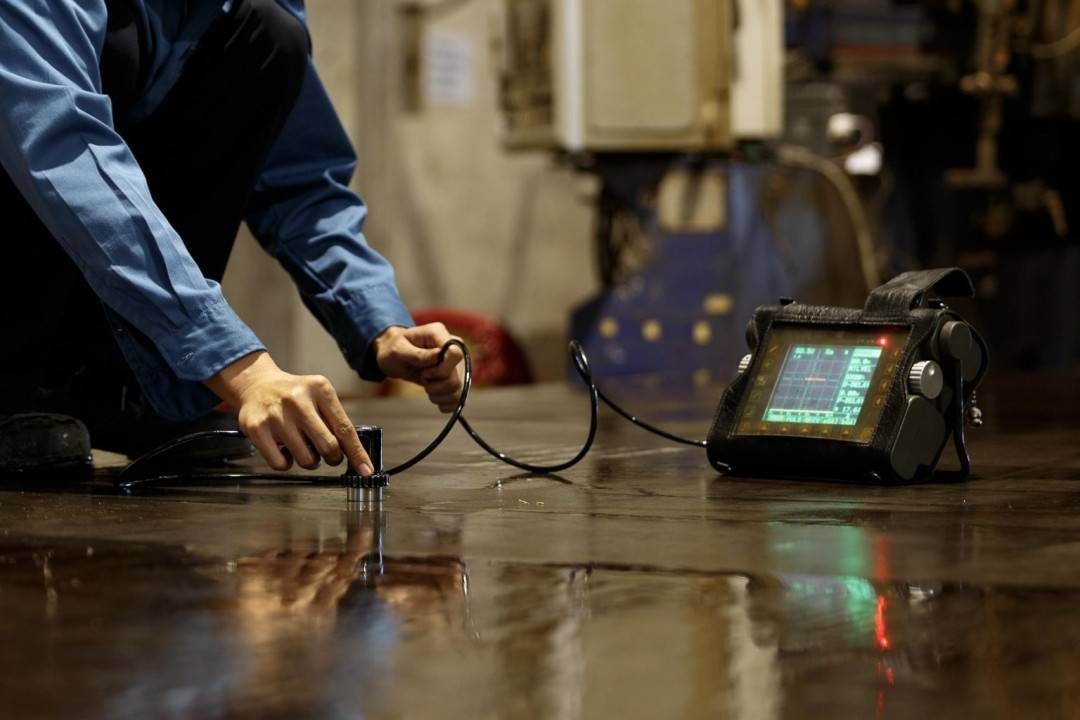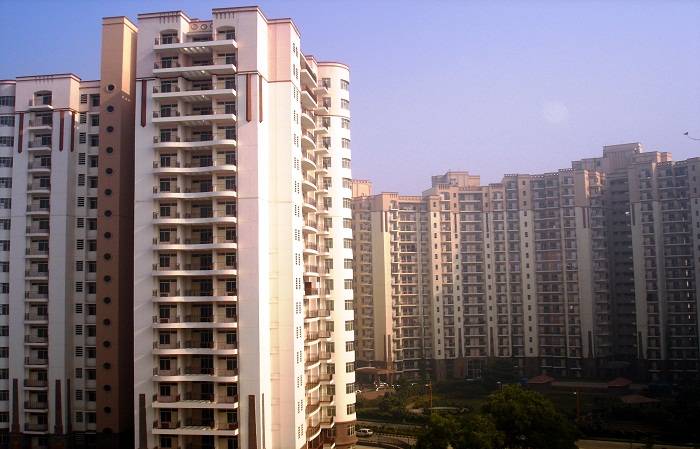The Uttar Pradesh Real Estate Regulatory Authority (UP Rera) established its conciliation forum on December 31, 2018. This forum serves as a platform for resolving disputes between homebuyers and developers in the state of Uttar Pradesh, providing an alternative to lengthy and costly court proceedings. Since its inception, UP Rera's conciliation forum has been instrumental in facilitating negotiations and reaching amicable solutions for various real estate grievances.
Purpose and Objectives of UP Conciliation Forum:
1. Quicker Resolution:
The establishment of UP Rera's Conciliation Forum aims to streamline the resolution process for real estate disputes by offering a faster alternative to traditional court proceedings. Court cases often involve lengthy legal procedures, which can prolong the resolution process for months or even years. By providing a platform for conciliation, the forum facilitates direct communication and negotiation between the parties involved, leading to quicker resolutions. This expedited process not only saves time but also reduces the burden on the judicial system, allowing cases to be resolved more efficiently.
2. Cost-Effectiveness:
Conciliation through UP Rera's forum offers a cost-effective solution for resolving real estate disputes. Legal proceedings can be expensive, involving fees for lawyers, court filings, and other related expenses. By opting for conciliation, parties can avoid these hefty costs associated with litigation. The forum provides a collaborative environment where parties can negotiate and reach mutually acceptable agreements without the need for prolonged legal battles. This cost-saving benefit makes conciliation an attractive option for both homebuyers and developers seeking to resolve disputes efficiently and economically.
3. Collaborative Approach:
UP Rera's Conciliation Forum encourages a collaborative and cooperative approach to conflict resolution. Unlike adversarial court proceedings, conciliation fosters open dialogue, constructive communication, and active participation from all parties involved. By facilitating meaningful discussions and negotiations, the forum promotes a spirit of cooperation and mutual understanding. This collaborative approach allows parties to explore creative solutions, address underlying concerns, and ultimately reach agreements that are acceptable to all stakeholders.
4. Enhanced Consumer Protection:
One of the key objectives of UP Rera's Conciliation Forum is to enhance consumer protection in the real estate sector. The forum provides a structured mechanism for addressing grievances and resolving disputes in a fair and transparent manner. By ensuring that homebuyers have access to a forum where their concerns can be heard and addressed, UP Rera strengthens consumer rights and safeguards against unfair practices. Additionally, the forum's focus on promoting equitable resolutions helps to restore trust and confidence in the real estate market, further enhancing consumer protection efforts.
Representative Members and Geographical Spread of the UP Conciliation Forum:
Representation: The Conciliation Forum convened by UP Rera comprises representatives from various stakeholder groups within the real estate sector. These stakeholders may include members of homebuyers' associations, developer associations such as CREDAI, individual buyers, builders, and Rera officials or designated conciliators. The diverse representation ensures that all relevant perspectives and interests are taken into account during the conciliation process, fostering transparency and fairness.
Neutral Moderation: The proceedings of the Conciliation Forum are overseen by a designated conciliator who serves as a neutral facilitator and mediator. These conciliators undergo specialized training to ensure impartiality, effective conflict management, and guidance of the parties towards constructive dialogue and resolution. By maintaining neutrality and impartiality, conciliators play a pivotal role in promoting transparency and trust in the conciliation process.
Geographical Spread: The geographical area covered by UP Rera's Conciliation Forum extends across the state of Uttar Pradesh, encompassing various regions, cities, and districts within the state. This includes urban centers such as Lucknow, Noida, Ghaziabad, Kanpur, Agra, Prayagraj, Varanasi, and others, as well as suburban and rural areas throughout the state. By catering to the entire geographical expanse of the state, UP Rera's Conciliation Forum strives to provide equitable and inclusive dispute resolution services to homebuyers and developers across Uttar Pradesh.
The Conciliation Process of UP Conciliation Forum:
The conciliation process involves involves a series of steps that are abided for property dispute resolution.
Complaint Filing: The initiation of the conciliation process begins with homebuyers lodging a formal complaint with UP Rera, articulating the specific grievances they are facing with the developer. These grievances could encompass a wide range of issues such as delays in possession, concerns regarding construction quality, breaches of contractual terms, or financial irregularities. By filing a complaint, homebuyers express their intent to explore conciliation as an alternative means of resolving the dispute, thereby avoiding prolonged legal proceedings and seeking a more expeditious resolution.
Assessing Developer's Willingness: Upon receipt of the complaint, UP Rera promptly contacts the developer named in the complaint to solicit their response and ascertain their willingness to engage in the conciliation process. This crucial step allows both parties to indicate their readiness to collaborate and work towards a mutually satisfactory resolution. It ensures that the conciliation process is undertaken voluntarily and with the genuine intent of resolving the dispute through negotiation and compromise.
Formalizing Conciliation Agreement: If both parties demonstrate a willingness to proceed with conciliation, the terms of engagement are formalized by UP Rera. This entails establishing a structured framework for the conciliation process, including setting a schedule for conciliation meetings and delineating the procedures to be followed. By formalizing the conciliation agreement, UP Rera lays the groundwork for constructive dialogue and negotiation aimed at achieving a mutually acceptable resolution to the dispute.
Outcome and Resolution of UP Conciliation Forum:
The resolution process facilitated by UP Rera's Conciliation Forum culminates in several significant outcomes. Firstly, parties involved in the dispute arrive at mutually agreed solutions tailored to address the specific issues at hand. Whether it involves possession of the property, monetary refunds, compensation, or other remedial measures, these solutions are reached through consensus and agreement. Secondly, formal documentation of the agreed-upon terms ensures clarity and accountability for all parties involved. By documenting the terms in writing and obtaining signatures from all stakeholders, the resolution becomes legally binding, providing a basis for implementation and enforcement. Ultimately, the successful resolution of the dispute leads to the closure of the case before UP Rera's forum, allowing parties to move forward, knowing that their concerns have been addressed in a fair and transparent manner.
Possible outcomes if a case is not resolved in the UP Conciliation Forum:
1. Mediation or Arbitration:
If the dispute remains unresolved after the conciliation process, the parties may opt for mediation or arbitration. In mediation, a neutral third party, known as a mediator, facilitates discussions between the parties to help them reach a mutually acceptable agreement. Unlike a conciliator who may offer suggestions for resolution, a mediator's role is strictly facilitative, and any settlement reached is voluntary. On the other hand, arbitration involves the appointment of an impartial arbitrator who listens to both sides' arguments and evidence and makes a binding decision on the dispute. Arbitration proceedings are more formal than mediation and resemble courtroom proceedings, albeit less formal than litigation in civil courts. Parties may choose mediation or arbitration based on factors such as the complexity of the dispute, the desire for a faster resolution, and the preference for confidentiality.
2. Legal Proceedings:
If mediation or arbitration fails to resolve the dispute satisfactorily, parties may resort to legal action through the judicial system. This typically involves filing a case in a civil court or another appropriate forum, depending on the nature of the dispute. Legal proceedings follow formal court processes and involve presenting evidence, examining witnesses, and arguing points of law before a judge. The court's decision is binding on the parties, and failure to comply with the court's orders may result in enforcement measures, such as fines or injunctions. Legal proceedings can be lengthy, costly, and emotionally taxing, but they provide a structured and authoritative means of resolving disputes when other methods fail.
3. Further Negotiation:
Even if the dispute progresses beyond the conciliation forum, parties may continue to negotiate and seek resolution outside of formal legal channels. This could involve revisiting their positions, exploring additional options for compromise, or engaging in direct discussions facilitated by legal counsel or other advisors. Further negotiation allows parties to maintain control over the outcome of the dispute and potentially find creative solutions that address their underlying interests. However, successful negotiation requires willingness from both sides to engage constructively and compromise on their respective positions.
4. Withdrawal of Complaint:
In some cases, parties may choose to withdraw their complaint from the conciliation forum if they believe that further attempts to resolve the dispute are futile or if they no longer wish to pursue the matter. Withdrawing a complaint effectively ends the formal dispute resolution process, allowing parties to explore alternative avenues for resolution or simply move on from the dispute. However, withdrawing a complaint should be carefully considered, as it may foreclose the opportunity to pursue legal remedies in the future and could have implications for the parties' legal rights and obligations.
Each of these outcomes presents different implications, considerations, and processes for resolving disputes that remain unresolved in the UP conciliation forum. Parties must weigh their options carefully and seek appropriate guidance to determine the best course of action based on their specific circumstances and objectives.
Cases solved by UP Conciliation Forum till date:
As per moneycontrol.com report, assets valued at over Rs 570 crore have been made dispute-free between February 2019 and December 2023 through the UP conciliation forum. Over 73 percent of the 1,930 complaints received during the same period were successfully resolved.
Conclusion
The success of UPRERA's conciliation forum underscores its effectiveness in streamlining dispute resolution within the real estate sector and promoting transparency and accountability. It demonstrates the value of collaborative approaches in addressing complex issues and fostering a conducive environment for sustainable development in the industry. Overall, UP Rera's Conciliation Forum plays a vital role in facilitating the resolution of real estate disputes in Uttar Pradesh. By providing an efficient and collaborative platform for negotiations, the forum contributes to improving transparency, accountability, and trust in the real estate sector, ultimately benefiting both homebuyers and developers alike.









.png)